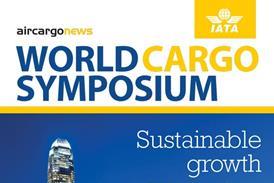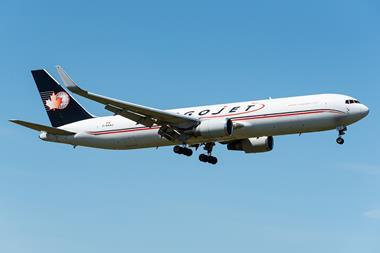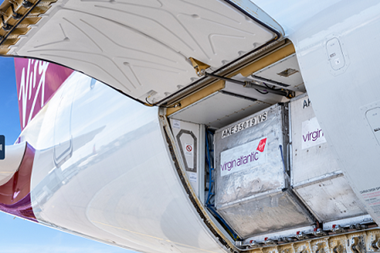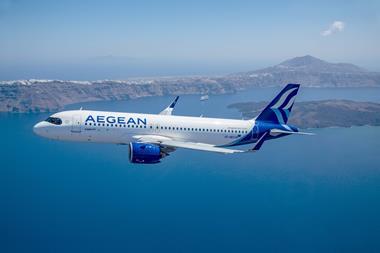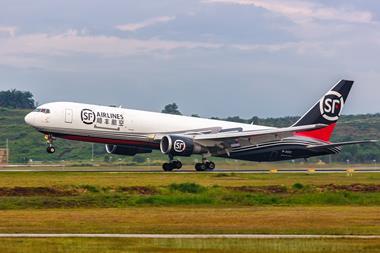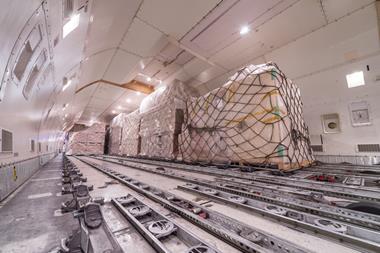The aviation sector must agree a global deal to tackle climate change says the Global Shippers’ Forum (GSF) in its new Aviation Emissions Policy Statement.
The sector – a key enabler of economic growth and social development – currently represents 2% of global carbon emissions. However, its projected growth means emissions are expected to increase significantly in the coming decades.
"Within the sector, airfreight is an essential mode of transport for many industries including high-end manufacturing, engineering, pharmaceuticals and retailing," said the GSF, adding: "It can take a month for goods to travel from Europe to the Far East by ship, but just a day by air. There is also time-sensitive cargo, such as medicines and documents, which cannot travel any other way."
Shippers, said the GSF, are under increasing pressure to be able to report on the carbon intensity of their supply chains including transport.
The International Civil Aviation Organisation (ICAO) has set a goal to improve fuel efficiency by two per cent each year and to have carbon neutral growth by 2020 (CNG20). The UN body has committed to agreeing a global deal this year.
Rachael Dillon, GSF climate change policy advisor, said: “Airfreight is a vital mode of transport for shippers and GSF is pleased to see significant progress at ICAO to reduce aviation emissions.
"We support the focus on addressing carbon reduction via operational and fuel efficiency measures first and then using a global market-based measure (GMBM) based on carbon offsetting to address the remaining emissions. However, as with any market-based measure, we are concerned that costs can simply be passed down the supply chain to shippers.”
A pragmatic approach will need to be taken during ICAO’s 39th Assembly later this month (September) as 191 Member States will need to reach consensus to sign off the global deal, said the GSF.
Just a few weeks ago, it emerged that significant changes had been made to the planned offsetting approach. It was originally expected that the GMBM would begin from 2021 but instead a voluntary phase will be put in place until 2027 when the obligations become mandatory.
Dillon added: “The initial voluntary phase should help ease the path to achieving the global deal and GSF will be closely following the negotiations at ICAO this September. Offsetting offers a simple and effective mechanism to reduce aviation’s emissions but we must ensure that cost burdens are shared between operators and customers as the technical elements of the deal are ironed out.”




